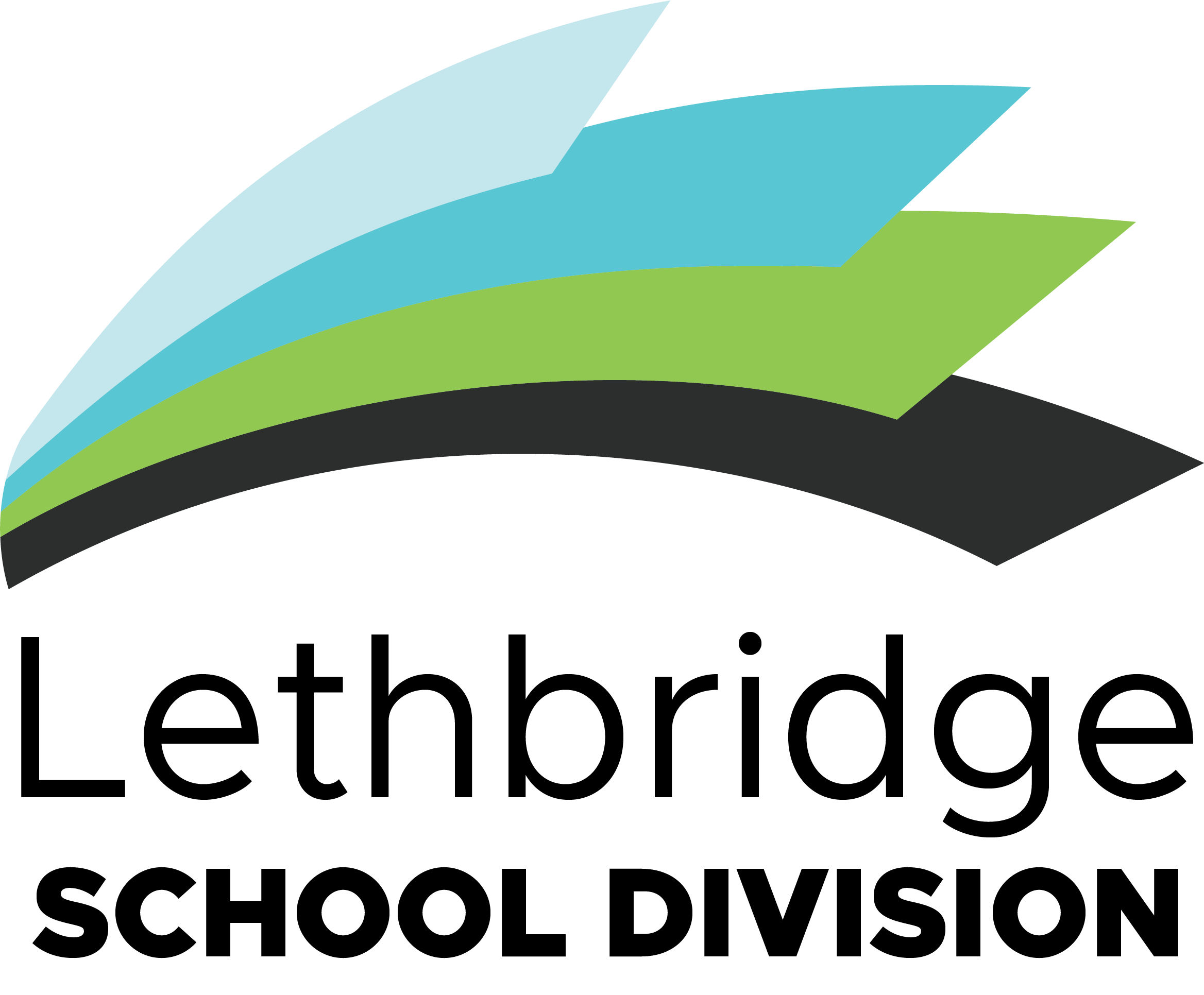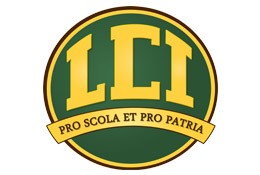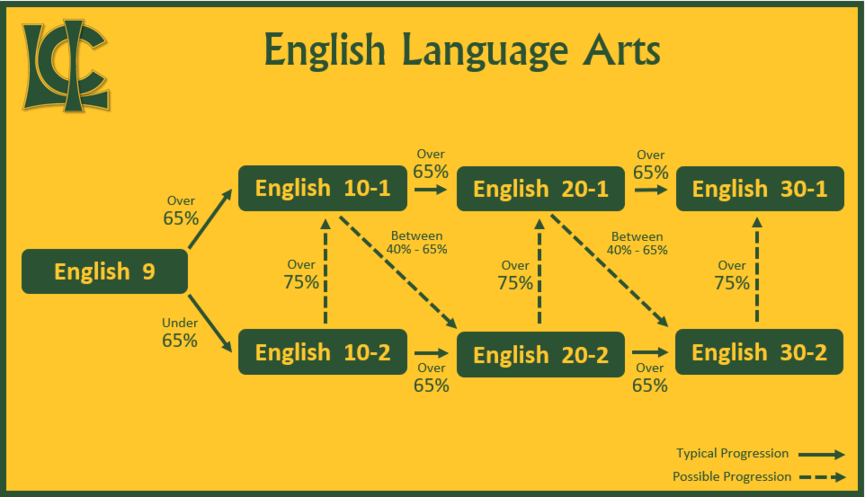The Lethbridge Collegiate Institute English Department embraces a multi-disciplinary approach to the criticism and understanding of literature.
With each instructor, students can expect to gain new and unique conceptual approaches that they may use as a platform to build upon as they enter higher-level classes with different instructors. Each instructor is encouraged to bring their own unique background into the classroom and has autonomy over the texts and theory presented to aid in student growth. As a department, we believe in using story to lay a strong foundational framework to construct meaning using the six strands of language arts: reading, writing, viewing, listening, speaking, representing. These skills are paramount to student success in class, on exams, and as they transition to post-secondary education and the workforce.
English Language Arts 9 (non-credit course)
ELA 9 is a general ELA course in which all grade 9 students are enrolled. The grade 9 ELA course takes an integrated approach to the development of reading, writing, speaking, listening, representing and viewing. Much time and effort is spent on fundamental reading and writing skills, with a particular emphasis on essay writing. A student’s success at the English Language Arts 9 level will have a significant impact on whether a student is eligible to enter ELA 10-1 or ELA 10-2.
- Prerequisite - All in coming grade 9 students are automatically enrolled in English Language Arts 9 regardless of their final marks in grade 8.
- Course Fees - There are no additional fees for this course
English 10-2, 20-2, 30-2 Stream (5 credits each)
The dash-2 stream deals with the study of literature to parallel life experiences and to encourage the study of practical and personal forms of writing. These courses focus on constructing meaning through personal connections to real-world situations, as well as different bodies of literature. Students in this stream are building skills that would qualify them to enter academic college programs, trade schools or a polytechnic.
- Prerequisite - Students who finish English Language Arts 9 with a final grade below 70% should carefully consider taking the dash-2 English stream. A final grade below 65% in English 9, English 10-1, or English 20-1 will receive a recommendation to take the dash-2 stream.
- Course Fees - There are no additional fees for these courses
English 10-1, 20-1, 30-1 Stream (5 credits each)
The dash-1 English stream deals with abstract interpretation of literature, both modern and classic, and focuses on diverse writing tasks, including the literary and personal essay. Using analytical applications of text, students must be competent in writing essays with strong thesis statements. Students in this stream are building skills specifically designed to enter a university level post-secondary education. As such, the expectations and rigor for these courses is reflective of that end goal.
- Prerequisite - Students who finish English Language Arts 9 or the prerequisite dash-1 course with a final grade of 70% or higher are encouraged to continue with the dash-1 stream. Should a student receive a final grade below 70%, they should carefully consider if it is worth continuing in the dash-1 stream. Any final grade below 65% will receive a recommendation to take the dash-2 stream.
- Course Fees - There are no additional fees for these courses


